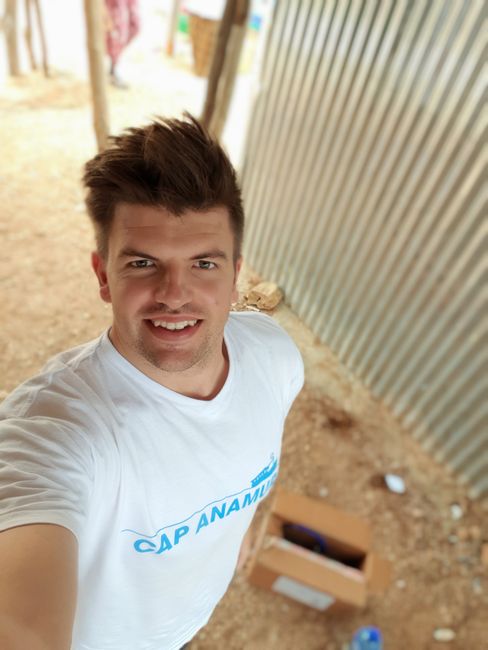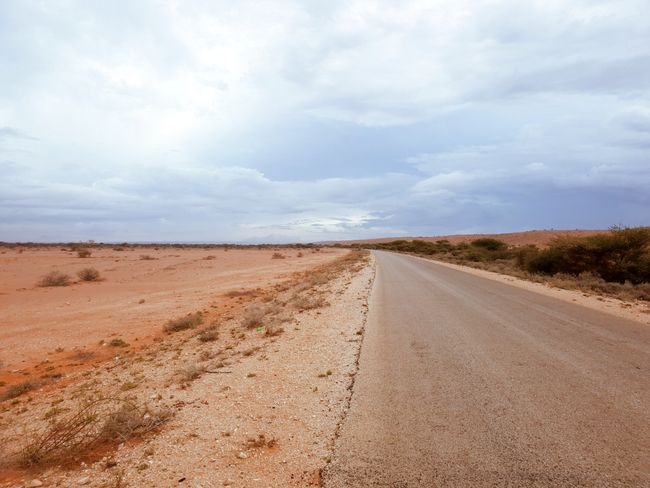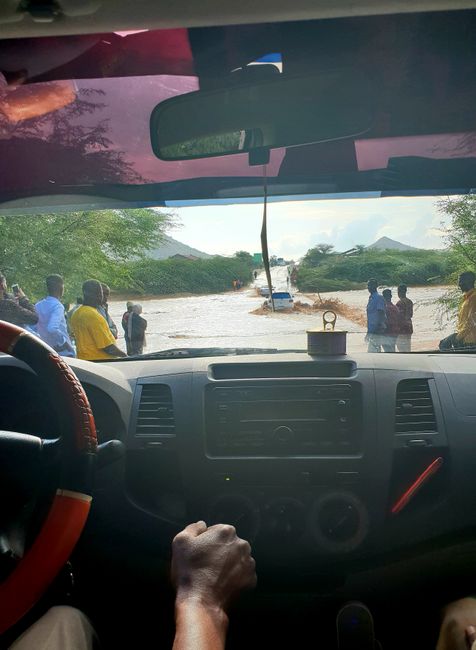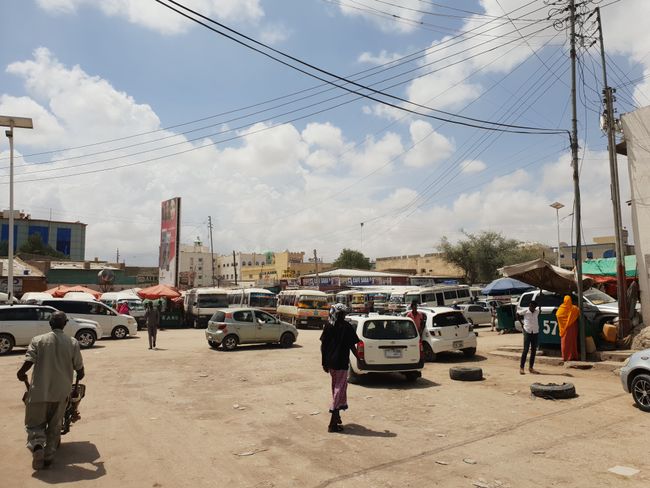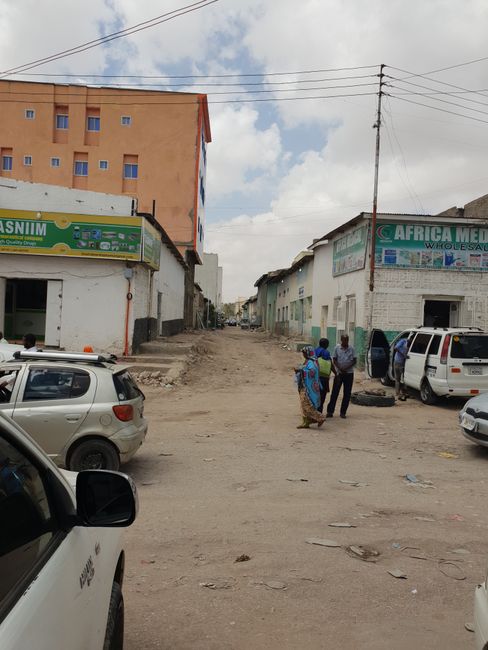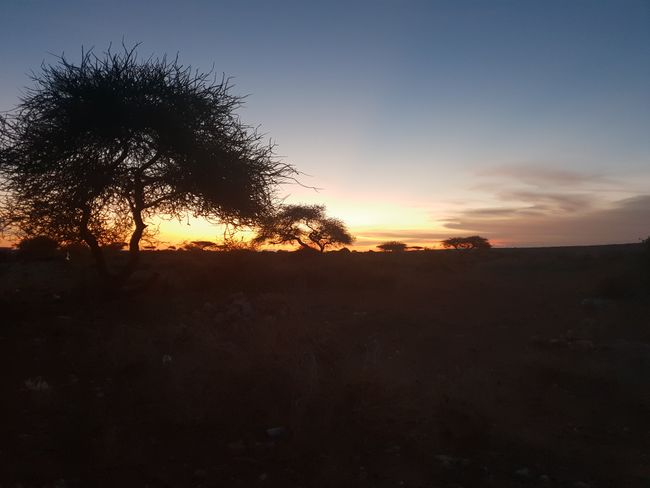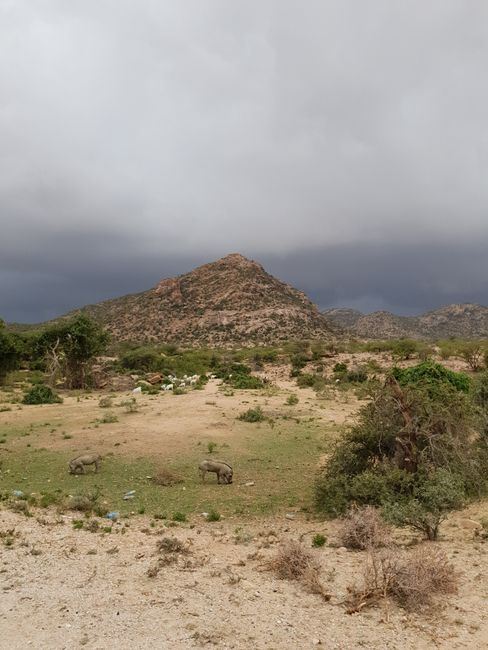Somalia or Somaliland?!
Publisearre: 26.10.2018
Ynskriuwe foar Nijsbrief
Somalia, Somaliland or what actually?! This question is often asked here, and the history of the country plays a major role. After the British occupation of Somalia ended in 1960, the country quickly found itself in turmoil and clan conflicts. This was particularly due to conflicts of interest between the residents of northern and southern Somalia. From these conflicts of interest and the suppression of the north by dictator Siad Barresging, the rebel movement SNM (Somali National Movement) emerged, which engaged in a bloody battle with the government in 1988, resulting in the loss of over 50,000 lives and the displacement of over 400,000 people. In 1991, the government was overthrown by various rebel movements, but this led to a civil war that continues in the south of the country to this day.
In 1991, Somaliland declared itself independent. The borders with the south were closed, the civilian population was disarmed, and the administration was rebuilt. Since then, Somaliland has been a democratic country, but it is not internationally recognized. This leads to many problems, both for the country and its population. For example, during the long drought period in 2016/17, there was hardly any assistance or support from other countries or NGOs.
The reasons for this are varied. The international community is interested in a comprehensive Somali solution and does not want other small regions to declare independence. It is also not possible to travel with a Somaliland passport, as the country is not recognized by any other country in the world. Most residents of Somaliland therefore have a Somali passport, if they have one at all. There is no birth registry or registration office here. This often leads to situations in hospitals where the age of patients is only estimated, and patients themselves do not know their own birthday.
Approximately 3.5 million people live in Somaliland, although estimates may vary by 500,000 people. The state budget was $250 million in 2016, while Germany's budget was more than 316 billion euros. The capital of Somaliland is Hargeysa, where I was last week.
In Hargeysa, we met our political contact person, spoke with him about the hospital and the project, and discussed life in Somaliland in general. Sometimes it's good to take a few days away from the project, clear your head, and then approach challenges and new projects with renewed motivation. Together with our contact person, we also met the Undersecretary of the Ministry of Health, where we discussed the hospital, the mobile clinic, and our new project, the establishment of health posts. We have planned to establish health posts in regions with little to no access to medical care.
A health post consists of a nurse and an auxiliary equipped with basic medication to treat minor illnesses or wounds on-site. At the same time, they can ensure that emergencies are brought to the nearest hospital. We have already identified suitable locations for this, and now it's a matter of renovating buildings, finding suitable staff, and starting the work. More on this another time.
Only 16 entries left and I'll be back in Germany :P
See you soon!
#AlexinSomaliland
Ynskriuwe foar Nijsbrief
Antwurd (3)
Udo
Ich finde dazu den Bericht über Somalia/Somaliland in der FAZ von heute sehr aufschlussreich. Sonja
Ja, ich auch. Da muss ich deinem Vater zustimmen :) !
Margreth
Ja Alex du erzählst uns von einem Land ,das wir nur vom hören und lesen kennen es ist sehr interesant uns das Leben in dem fernen Land etwas näher zu bringen mit deinem Bericht ,sonst würde man ja so etwas nicht erfahren
